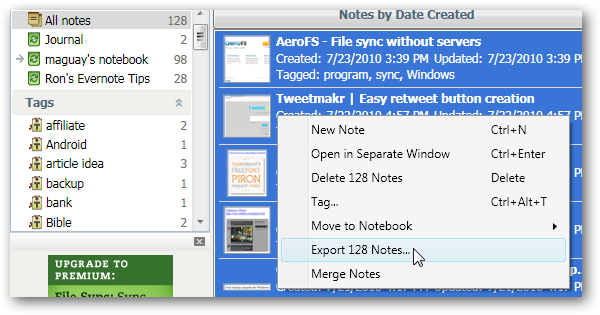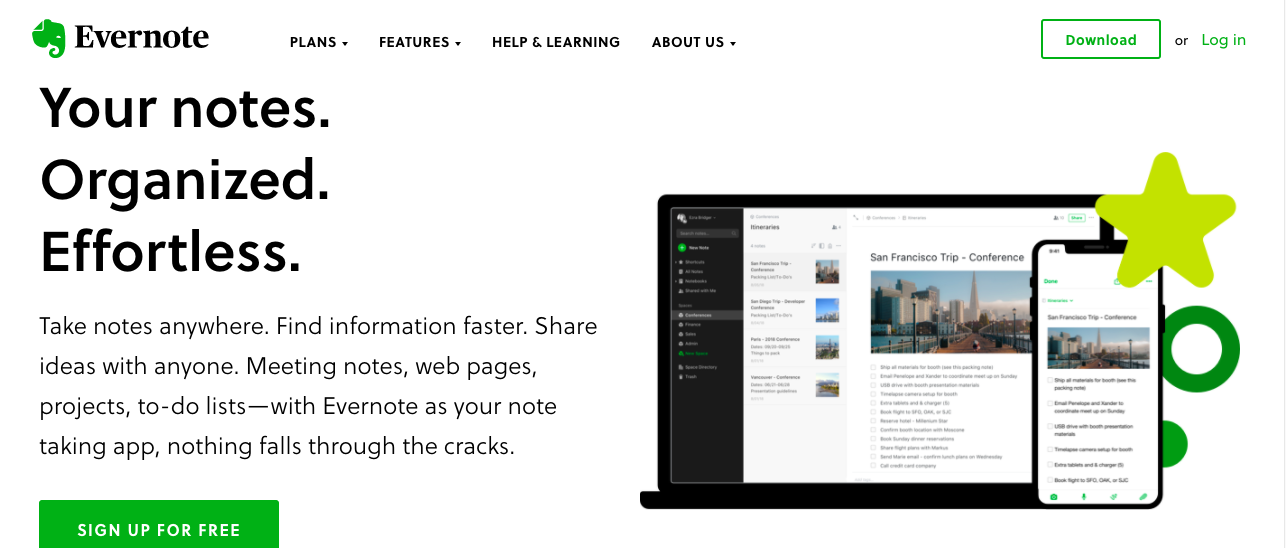
I know other people or other writers that I coach who have been very resistant to Scrivener. Do you feel like you were resistant to it at first? That you were like, oh this is way too overwhelming. And I had to figure out my own way to use it for my writing, but I spent a lot of time playing with stuff that wasn’t very effective-I was probably procrastinating-until I finally got into a place where I just used it for what I needed it for. In terms of organization, it has so many more features and none of those features are in Word, so it’s really confusing to get started. In terms of formatting, it’s not very robust where Word is. First, it’s overwhelming because it’s a large program and it has a lot of capabilities and it’s totally different than Word in a lot of different areas. Can you describe that experience for us-that experience of discovering Scrivener for the first time? I discovered Scrivener on my second book and it made everything so much easier. Yeah and it takes like five minutes to load and it’s just a big pain. I was writing and I was using Microsoft Word and one thing about working on a big file like a book, it just becomes unmanageable. I wrote my first book in 2010 and I didn’t know about it yet. You said that you used Scrivener to write all the books except the first one so when did you find out about it? You started in 2011 so you probably found out about it like a year later? I always recommend it to friends and I’m an advocate for its use. It’s a really effective tool for my own writing-I use it almost daily, among other tools that maybe we’ll get a chance to talk about. I wrote a short story like you said and I’ve ghostwritten three other books-and all of them but the very first book that I ghost wrote I used Scrivener. I’ve been writing creatively and professionally officially since 2011, but a lot longer than that. So today we’re going to talk about Scrivener and the future of creative writing tools, but before we get into it, why don’t you break the ice, tell us a little bit about yourself and your background as an author? Cool! So as brief introduction, Joe is the author of Let’s Write a Short Story and the founder of, a writing blog and a community of authors who focus on daily write practice. Matt Herron: Hey Joe welcome! Thanks for taking the time to talk with me today.


In this interview, Joe and I talk about how excited he was to try Scrivener for the first time, and how it’s made a difference in his writing process. We also talk about the place for other tools-Pages for formatting, Evernote for capturing ideas and notes, and Microsoft Word for editing-and how writing tools might evolve in the future. His second book, however, took significantly less time, and he cites Scrivener as the differentiating factor that saved him hundreds of hours of effort.

Joe Bunting told me once that his first book took 500 hours to write.


 0 kommentar(er)
0 kommentar(er)
